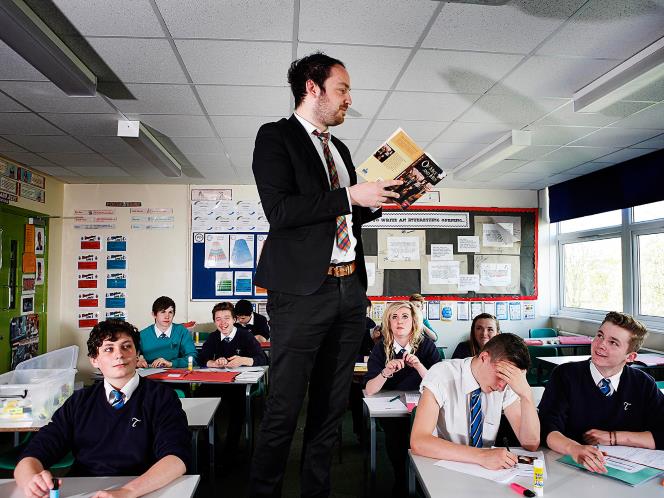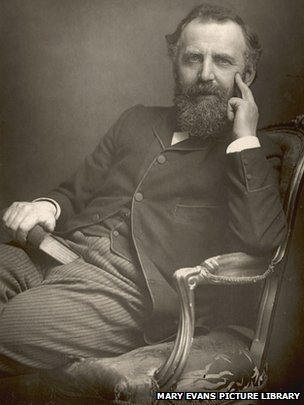Are Private Schools Actually The Best?
November 25, 2013 in Daily Bulletin

Private school children are disproportionately represented at the top universities. So this means that private schools are obviously better, right? Maybe not:
- Australian academics looked at 26,000 students aged (8-9) and (10-11) from state and private schools. The raw data showed privately schooled kids did better, on average.
- However. Once backgrounds were controlled for (parental education, health, household income) they showed that there was no difference between private and state schools.
- The most significant correlation was between birth size and low academic success.
- Overall, their results show that a child’s home life matters much more for their academic success than their place of education.
Admittedly, the study only looks at pre-teenage children, and a follow-up study on children of more varied ages would be of great value. For more information, head on over to the TES.
Source: Times Educational Supplement









Join the Discussion! (No Signup Required)